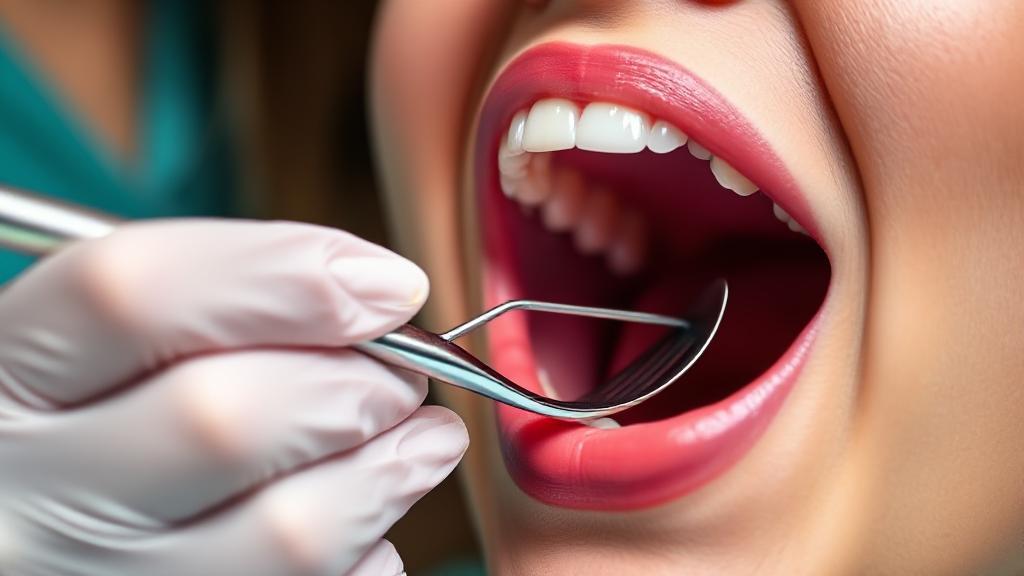Understanding Professional Teeth Cleaning
Professional teeth cleaning, also known as prophylaxis, is a routine dental procedure aimed at maintaining oral health by removing plaque, tartar, and stains from the teeth. This procedure is essential for preventing gum disease and tooth decay, and is typically performed by a dental hygienist or dentist.
Standard Duration and Factors
Most routine dental cleanings take between 30 to 60 minutes to complete. However, the exact duration can vary based on several factors:
- Your oral hygiene habits
- Time since your last cleaning
- Amount of plaque and tartar buildup
- Whether X-rays are needed
- Presence of dental work (fillings, crowns, or implants)
- Any specific dental issues requiring attention
Patient's Oral Health Impact
- Good Oral Health: For patients who maintain good oral hygiene through regular brushing, flossing, and dental check-ups, the cleaning process is typically quicker, lasting around 30 minutes to an hour.
- Poor Oral Health: Patients with poor oral hygiene, significant plaque and tartar buildup, or existing dental issues may require 1 to 2 hours or longer in severe cases.
The Cleaning Process Breakdown
Initial Examination (5-10 minutes)
Before the cleaning begins, the dental hygienist conducts a physical examination of your entire mouth, checking for:
- Cavities
- Gum inflammation
- Other potential concerns
X-Rays (If Required) (10-15 minutes)
X-rays aren't needed at every visit but are typically taken once per year or as recommended by your dentist.
Scaling and Plaque Removal (15-30 minutes)
Using a small mirror and specialized tools, the hygienist removes:
- Plaque
- Tartar (calculus)
- Surface stains
Polishing (5-10 minutes)
The hygienist uses a high-powered electric brush and gritty toothpaste to:
- Remove remaining surface stains
- Create a smooth finish
- Make it harder for plaque to accumulate
Flossing and Final Steps
- Professional flossing to remove any debris
- Mouth rinsing
- Fluoride treatment to protect teeth against cavities
Tips to Minimize Appointment Duration
- Maintain good oral hygiene between visits
- Keep regular 6-month cleaning appointments
- Address dental issues promptly
- Arrive on time for your appointment
"Prevention is better than cure. Regular professional cleanings help maintain oral health and can prevent more time-consuming procedures in the future." - American Dental Association
Importance of Regular Cleanings
Regular professional teeth cleaning helps prevent:
- Gum Disease: By removing plaque and tartar
- Cavities: Through fluoride treatments and thorough cleanings
- Bad Breath: By removing plaque and tartar buildup
For more information on dental health, you can visit the American Dental Association or consult with your local dental professional. Remember, maintaining good oral hygiene at home and visiting your dentist regularly are key to a healthy smile.
